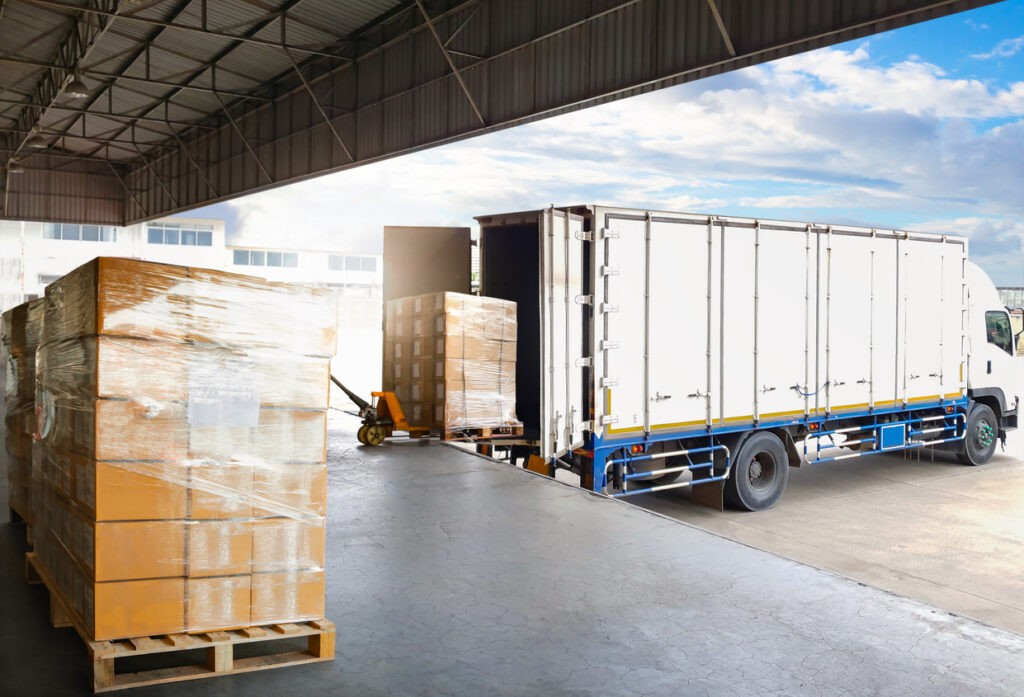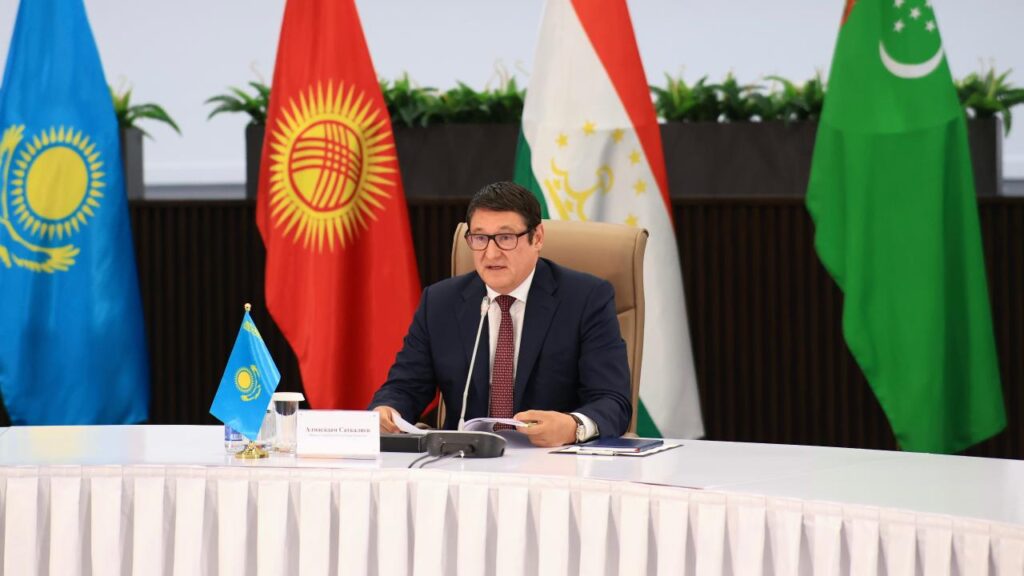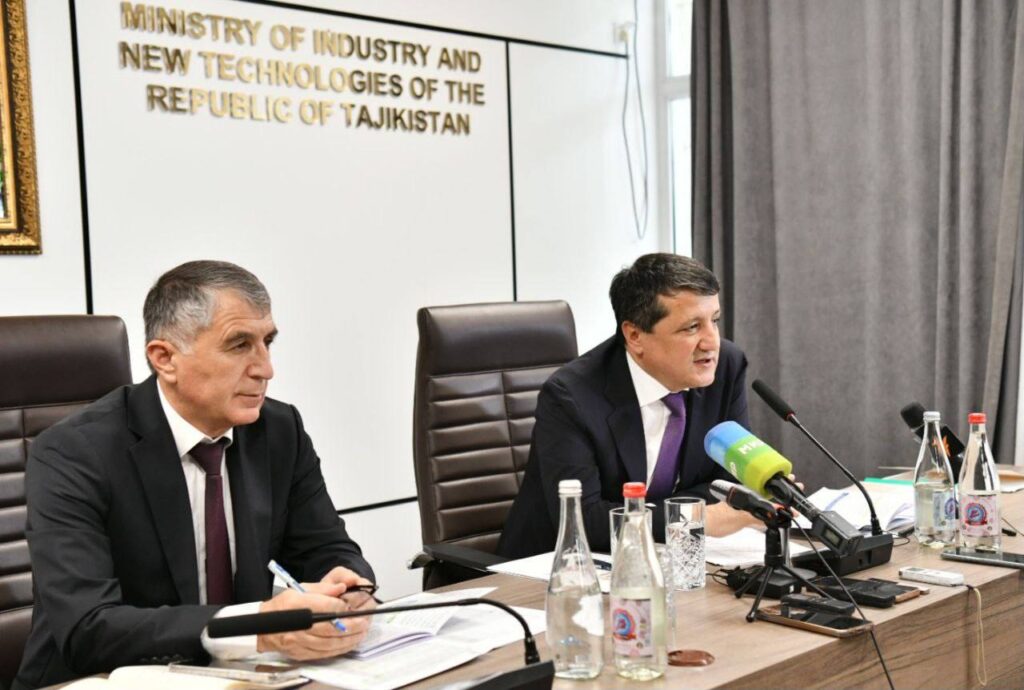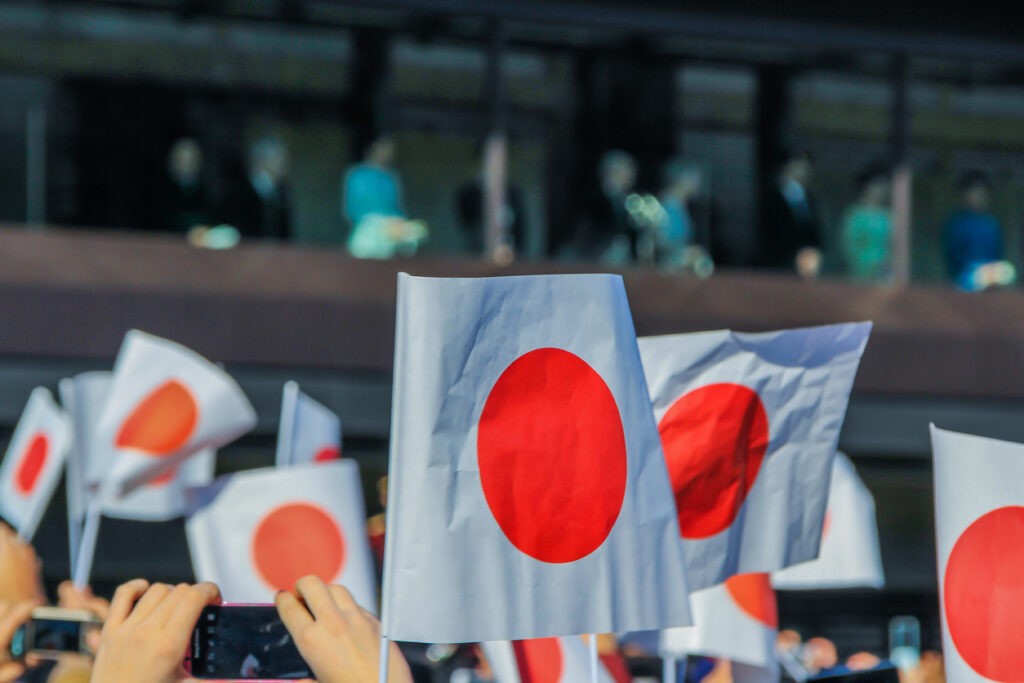Viewing results 1 - 6 of 1011
On August 7, a joint business forum was held in Astana with more than 300 representatives from business circles of Uzbekistan and Kazakhstan in attendance. At the forum, joint projects involving automotive engineering, electrical engineering, pharmaceuticals, the chemical and logistics industries were discussed, and a set of agreements with a total value of $5 billion were adopted, according to the Agency for the Development of the Pharmaceutical Network. A memorandum of understanding was signed between Kazakhstan’s JV KAZ AMT and Uzbekistan’s Estess Atraumatic Sterile Surgical Threads LLC, Kazakhstan’s Dolche LLC and Uzbekistan’s Medproject Technology LLC. The President of the Republic of Uzbekistan, Shavkat Mirziyoyev, arrived in Astana on August 7 at the invitation of the President of Kazakhstan. Within the framework of the visit, Mirziyoyev will participate in the consultative meeting of the leaders of the Central Asian countries and the dialogue in the format Central Asia + Japan. President Mirziyoyev signed the decision to establish a free economic zone of the Central Asia International Industrial Cooperation Center on August 6. The zone will be organized in the Syr Darya region. Industrial cooperation will be expanded by involving enterprises in the production process in the center's territory and establishing the production of import-substituting products. Only products manufactured in Uzbekistan and Kazakhstan are sold in the center's territory under the control of a production certificate. According to the decision, Kazakhstani and foreign citizens can enter the center's territory without a visa through a special checkpoint with an identity document, and stay in the territory for 15 days.
According to Bakhriddin Sirojiddinzoda, Head of the Tajikistan Export Agency, Tajikistan has plans to establish a large logistics zone on the border with Afghanistan. Based on national interests in using existing production and export opportunities, the aim of the export zone is to increase trade turnover, create a modern infrastructure for transporting goods and products, and regulate transportation costs. Referencing the proposal submitted to the government of Tajikistan for consideration, Sirojiddinzoda stated that the large logistics centre should be established in the neutral zone or near the Pyanj-Sher Khan Bandar border crossing and explained, “Experience shows that drivers need a visa to pay road taxes and other fees in Afghanistan to cross only 500 meters of road when exporting products to Afghanistan." He also stressed that establishing such a centre and developing business was unconnected to the country's official relations with the Taliban, stating: “No country has officially recognized the Taliban government, but their trade cooperation with the country continues. Some have even opened a ‘Trading House’ and a commercial representative office in Kabul. Tajik goods are transported through Afghanistan to Pakistan, and goods are also transported from there to us, the security of which is still ensured by Afghanistan." In the first half of 2024, the volume of sales of Tajikistan's agricultural products to Afghanistan amounted to $82.7 thousand; an 85% increase compared to the same period in 2023 when it barely reached $22.7 thousand. According to the Tajikistan Export Agency, nothing was imported from Afghanistan, and goods leaked into the republic from its territory were in transit from Pakistan and other countries.
To further increase the potential of the Trans-Caspian International Transport Route (TITR), the Kazakh Ministry of Transport has begun dredging the port of Kuryk to provide sufficient depth for ships to enter the harbour. Specialized equipment to deepen the port by approximately 1.5-2 meters, has been supplied by Jan de Nul, a European company contracted to complete dredging works on a turnkey basis. Dredging Kuryk's port will allow for the further expansion of its terminal capacity which currently has provision for 6 million tons of cargo (railway terminal—4 million tons, automobile terminal—2 million tons). The port can also simultaneously accommodate 250 trucks. Similar dredging works will also be carried out in the port of Aktau. The project is part of the comprehensive measures to develop the Trans-Caspian International Transport Route, also known as the Middle Corridor, which will connect China and Europe via Central Asia and the Caucasus. According to the Kazakh Ministry of Transport, the volume of cargo transportation through Kazakhstan along the TITR for the first seven months this year increased by 62%; amounting to 2.5 million tons, compared to 1.6 million tons in the same period in 2023.
On August 6, Astana hosted the first meeting of energy ministers of Central Asian states, chaired by Kazakhstan’s Minister of Energy Almasadam Satkaliyev. Noting the considerable potential for developing energy cooperation between the five Central Asian countries, Minister Satkaliyev stated that today, the challenges faced by the Central Asian countries include global disruptions of the stability of energy supplies and fluctuations in oil and gas prices. "To ensure the reliability of energy supplies, it is necessary to develop mechanisms for forecasting and managing these challenges and to strengthen cooperation between our countries," ventured Satkaliyev. Calling on his colleagues to strengthen cooperation in energy trade, speed up low-carbon development, and move towards achieving carbon neutrality, the minister stressed, "An important factor in the development of regional cooperation is the comprehensive attraction of investments and the implementation of large joint technological projects in the energy sector to stimulate the development of modern energy infrastructure in Central Asian countries." Satkaliyev added that Kazakhstan is currently progressing the implementation of a large-scale project in the development and transmission of green energy with Azerbaijan and Uzbekistan, as well as continuing discussions on the planned construction of a central hydroelectric power plant, Kambarata HPP-1, with Kyrgyzstan and Uzbekistan. Following the meeting, the Central Asian energy ministers signed a communiqué, laying the foundation for further cooperation in all key energy areas between the countries.
As previously reported by TCA, Tajikistan is the only Central Asian country with a national strategy for the development of AI. In 2022, President Emomali Rahmon signed off a national strategy to achieve 5% of the GDP from developing artificial intelligence by 2040. On August 1, the Minister of Industry and New Technologies of Tajikistan, Sherali Kabir, announced at a press conference that work had begun in securing the first patent for the artificial intelligence algorithm 'zGAN' , developed by the local research laboratory of Tajikistan, and stated: “At a time when two-thirds of the world’s countries have yet to develop their national AI strategies, these steps highlight Tajikistan’s ambition to take a key position in technology and innovation." Referencing Tajikistan's progress in the field, Azizjon Azimi, chairman of the Council on AI under the Ministry of Industry, said more than 300 experts had been trained in artificial intelligence and its applications in the economy were expanding. "The leading case is using 'zGAN' algorithms for credit scoring. More than 30 banks in over ten countries have already implemented this algorithm by the Tajik fintech zypl.ai, which automatically issued loans worth over $200 million. To date, zypl.ai has attracted more than $3 million in private direct investment in the development of AI in Tajikistan." Azimi emphasized that in addition to the impact of 'zGAN' in the economic sphere, plans are in place for its application in agriculture, industry, and healthcare. He also reiterated that an agreement had been signed to develop AI programs for the Emirate of Ras al-Khaimah based on Tajikistan's national AI development strategy.
Japanese Prime Minister Fumio Kishida is set to announce an economic aid package for Central Asia. According to The Japan Times, details will be revealed during the Japanese prime minister's meeting with heads of the five Central Asian states during his visit to Uzbekistan, Kazakhstan, and Mongolia from August 9 to 12. Tokyo is seeking to strengthen ties with the region by helping to create a trade route across the Caspian Sea that would link Central Asia and Europe, bypassing Russia. According to the Japanese government, the initiative will reduce the heavy influence of both Russia and China on the region and afford Central Asia economic independence. Kishida is expected to announce the economic support package in a joint statement following the six-party summit in Kazakhstan on implementing a new trade route, helping to decarbonize the economy, and promoting people-to-people exchanges. Japanese companies will also help Kazakhstan and other Central Asian countries reduce their dependence on coal by providing technology and loans to develop natural gas production and processing. In exchange, the Central Asian states will send skilled labor to Japan.






